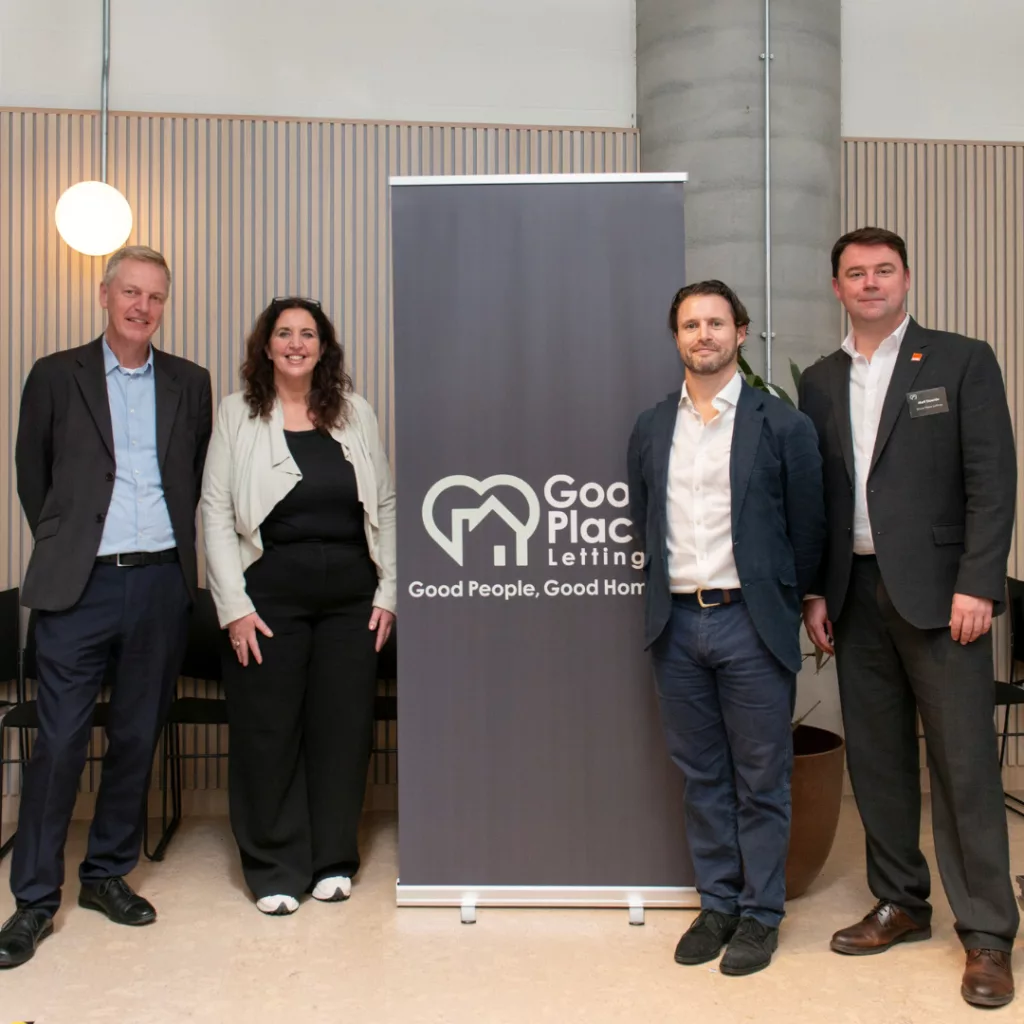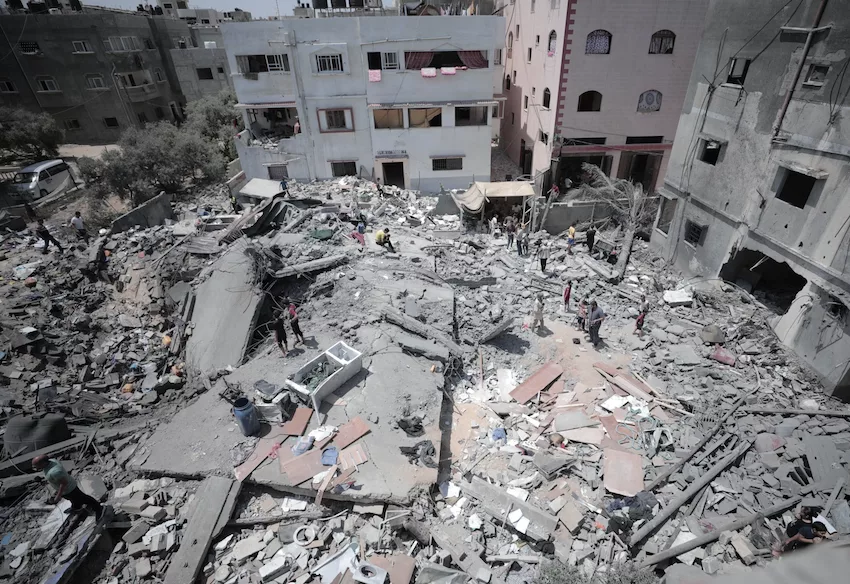The Rural Habitability Programme, an initiative by the Chilean Government, has won a Silver World Habitat Award for its impact in addressing the critical housing needs of rural communities across the country. Since the programme began, it has improved the lives of over 40,000 people by building or renovating over 10,000 homes in remote Chilean communities.
Rural-to-Urban Migration Strains Urban Centres and Undermines Rural Productivity
In the past, government initiatives for housing and infrastructure primarily benefited urban Chileans, whilst remoteness and lack of funding have discouraged private contractors from building homes in rural areas. These factors have trapped many residents in substandard housing without basic amenities like electricity, heating, or sanitation and have exacerbated rural-to-urban migration, potentially hindering rural productivity and the national economy.
Unprecedented Funding for the National Emergency Housing Plan
Although the rural housing programme launched in 2015, it wasn’t until 2022 that the Chilean Government under President Gabriel Boric, implemented an Emergency Housing Plan backed by government investment. The Plan seeks to address the nationwide shortage of adequate housing, with the Rural Habitability Programme playing a key role in this effort.
Empowering Sustainable Remote and Indigenous Communities
The Rural Habitability Program provides substantial funding and technical assistance to individuals in remote communities, enabling them to build new homes, enhance existing ones and create productive areas for income-generating activity. It prioritises low-income households, the elderly, the vulnerable and those in very remote locations, as well as indigenous Chileans. The government is investing approximately $22 million USD to build 360 culturally relevant homes for indigenous groups with funding also going into the development of renewable energy and prefabrication technologies to expedite planning, engineering and building works.
The Rural Habitability Programme demonstrates the government’s dedication to bridging the housing gap and fostering sustainable development in remote areas, an area traditionally neglected across Latin America. Its success not only enhances the livelihoods of individuals but also strengthens rural economies and contributes to the growth of the nation as a whole.
Carlos Montes, Minister for Housing and Urban Issues, Government of Chile: “The Housing Emergency Plan, entrusted to us by President Boric, is not merely a project to build 260,000 homes; it shows a commitment to achieving territorial equity and social justice across every corner of our nation. From the desert areas of the north to the agricultural valleys and forested mountain ranges of the centre and south, from the island territories to the extreme cold of the southern zones, the State has once again been present, providing quality housing solutions”
Patricio Escobar, Head of the Rural Habitability Programme: “We are delighted to receive this award because it recognises the efforts of the government of Gabriel Boric in delivering 10,000 or the 20,00 housing solutions that have been pending since 2016, in the most isolated areas of the country.”
David Ireland, CEO of World Habitat: “This programme illustrates how a government can effectively reach remote populations and provide high-quality housing, investing in livelihoods beyond the creation of physical spaces.”




